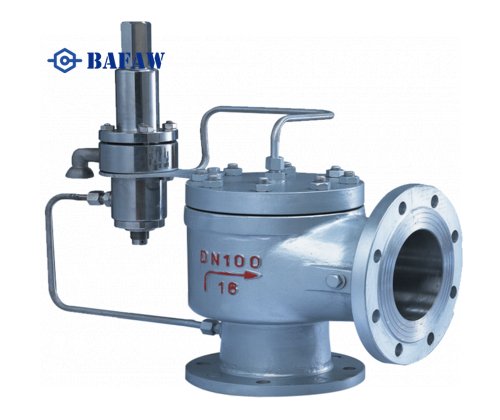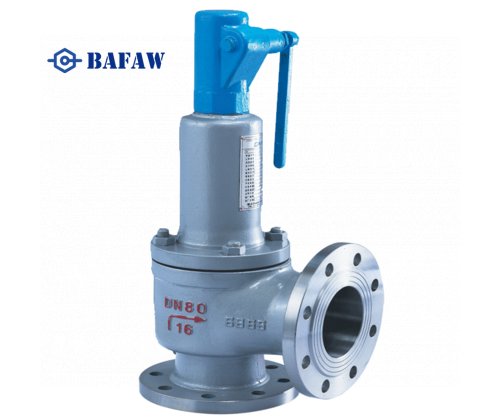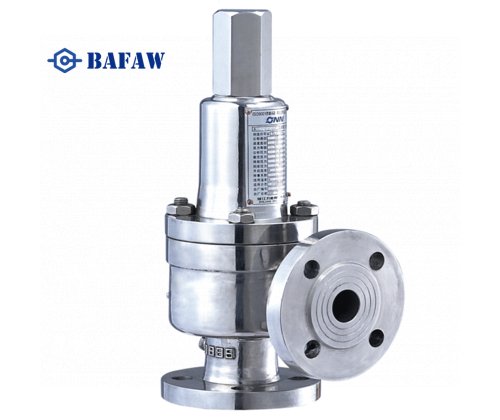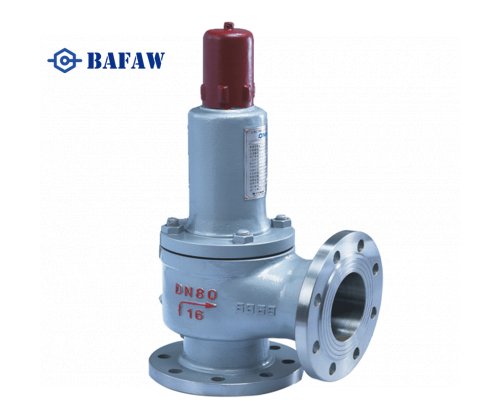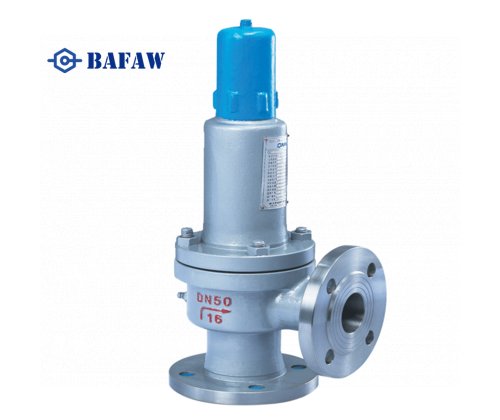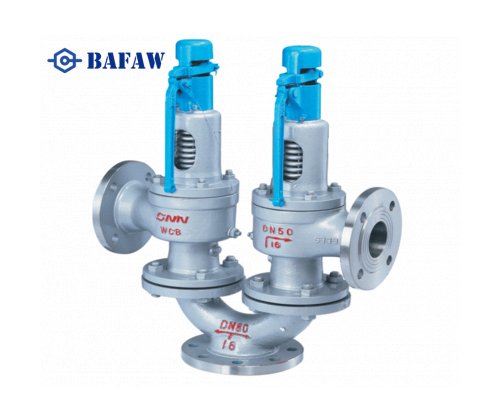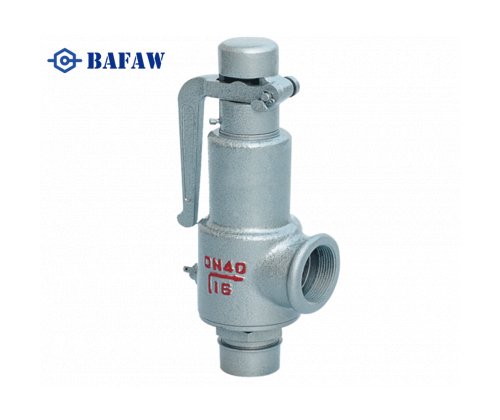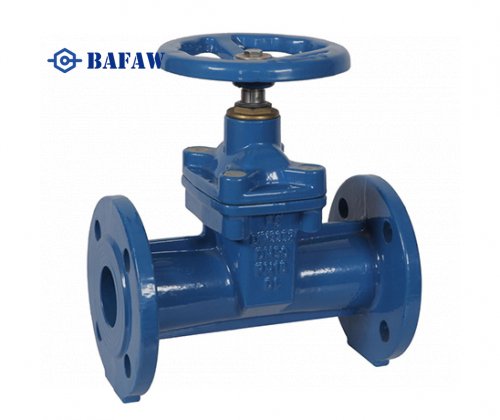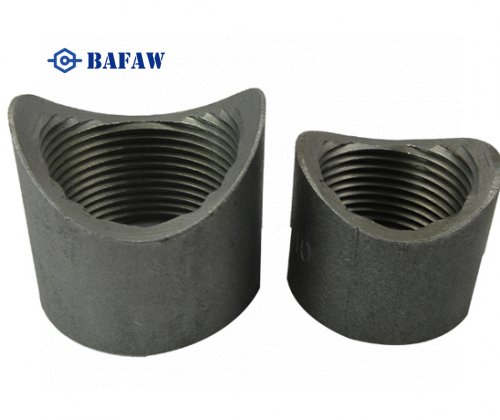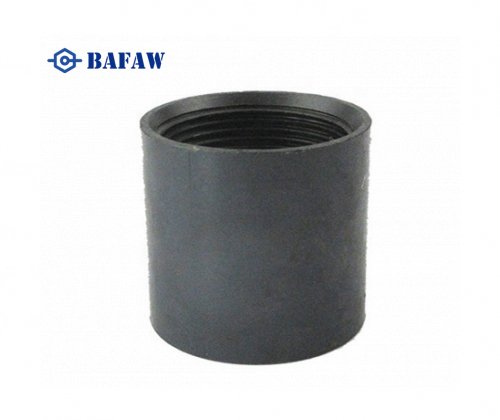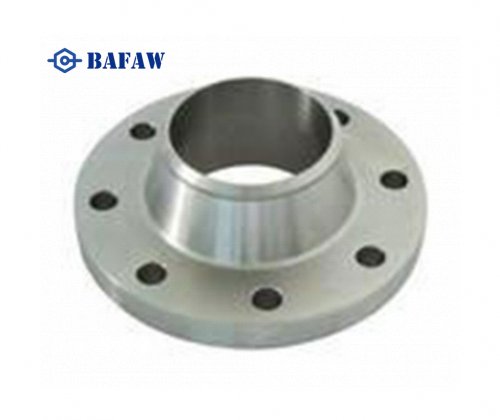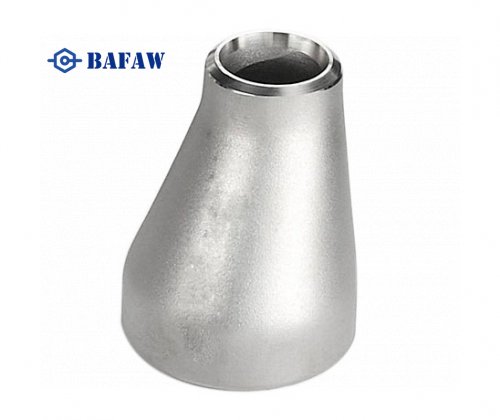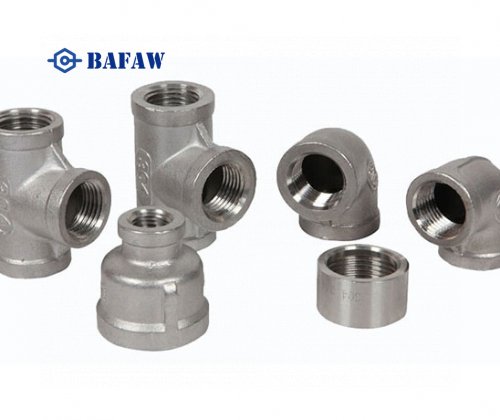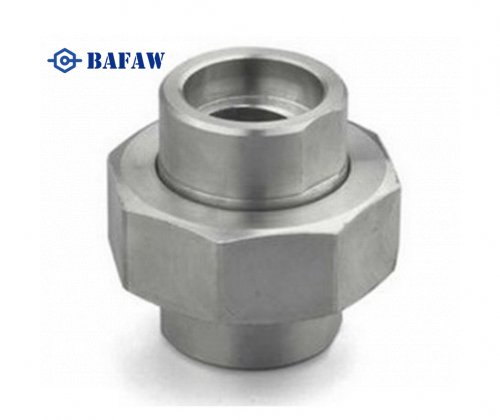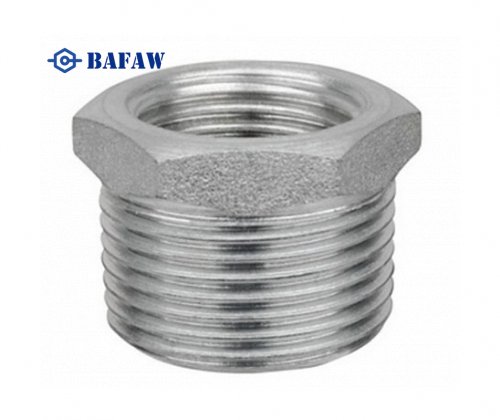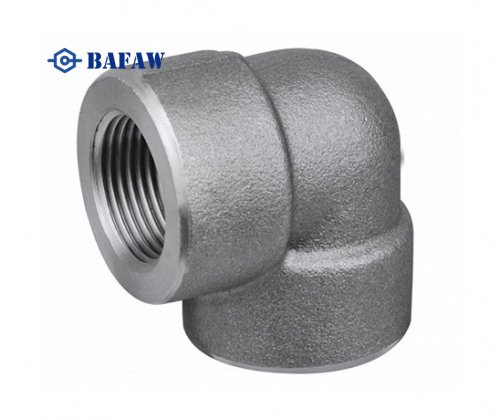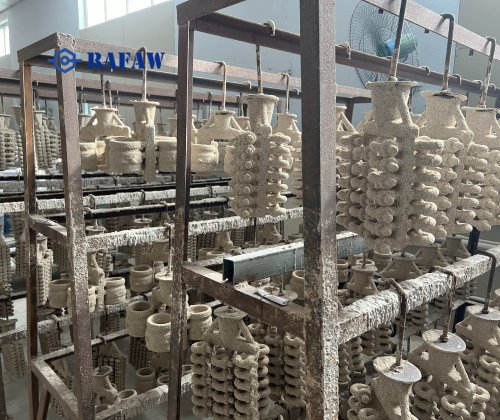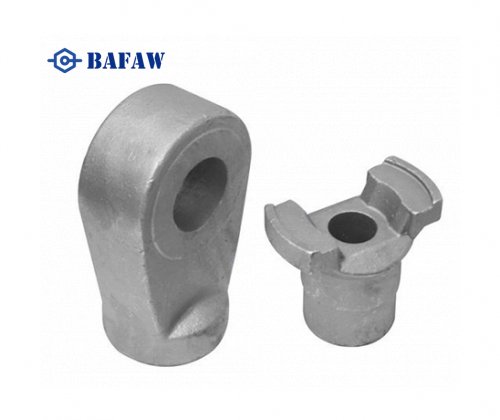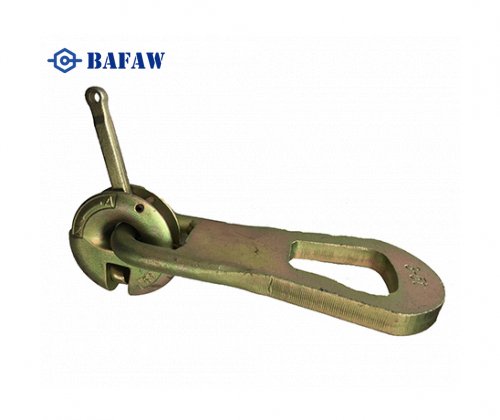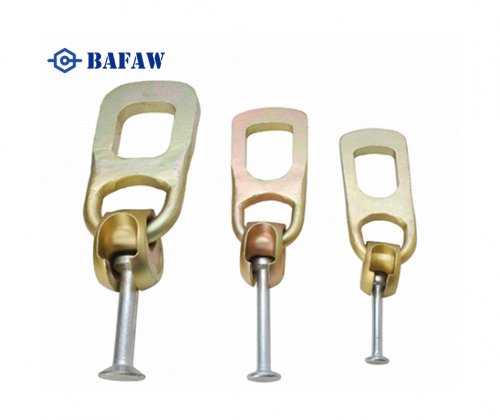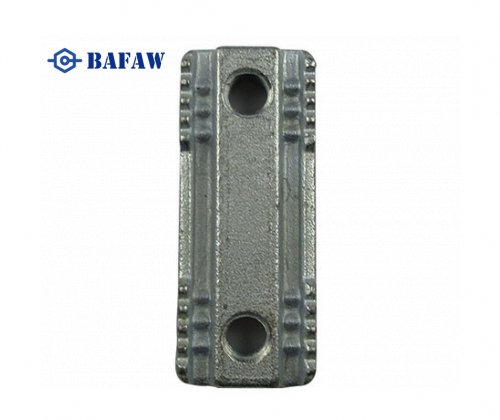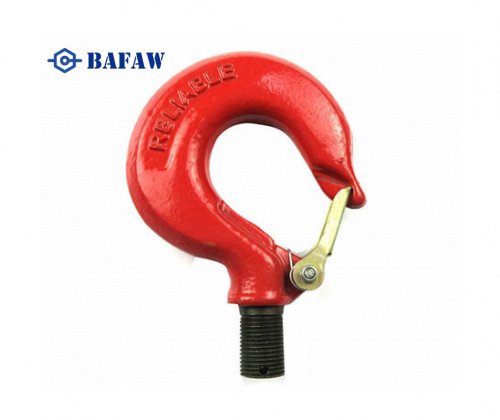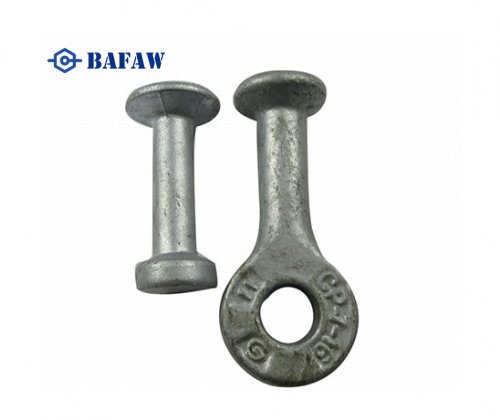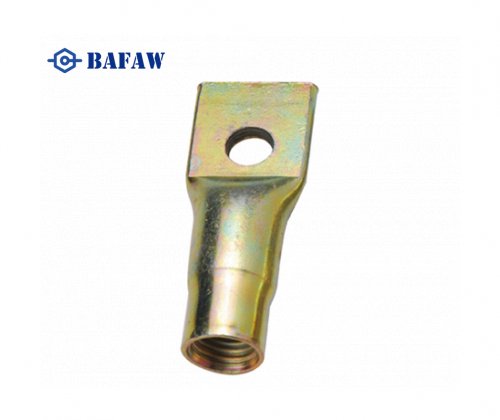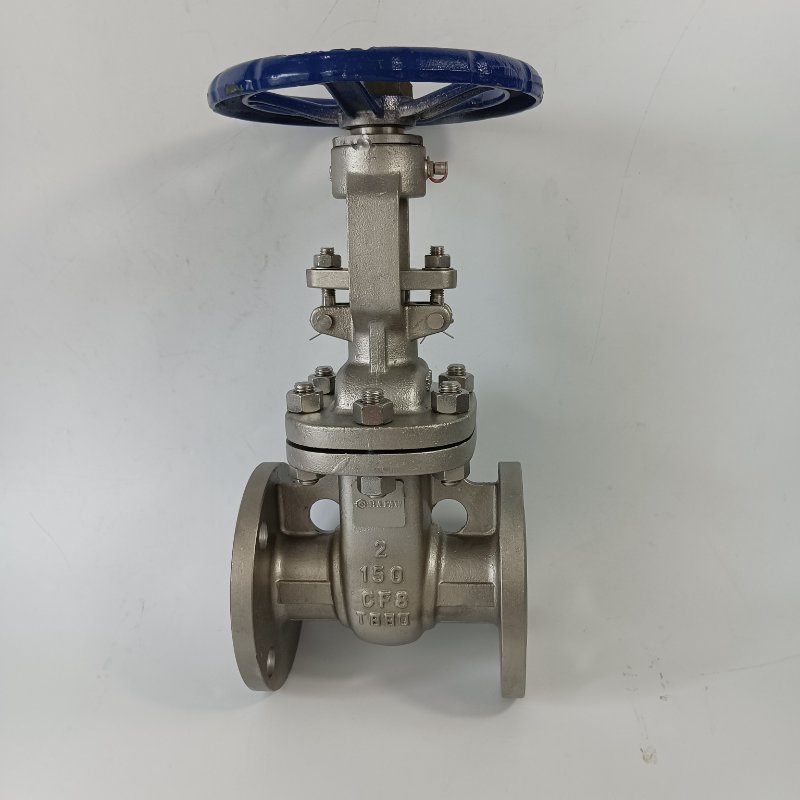The API 600 standard is established by the American Petroleum Institute (API) to ensure the quality and reliability of steel gate valves. This standard covers the design, material selection, manufacturing processes, inspection, and testing of gate valves.
Bonnet Design
The bonnet design of API 600 gate valves is typically bolted (bolted bonnet), which ensures a tight connection between the bonnet and the valve body, preventing leakage. The bolted bonnet design allows for easy disassembly and maintenance, contributing to the longevity of the valve.
Steel Gate Valves
API 600 gate valves are primarily made of steel materials, including forged steel, cast steel, and alloy steel. Steel gate valves offer excellent mechanical properties and corrosion resistance, suitable for high-pressure and high-temperature conditions.
Forged Steel: Forged steel gate valves are usually used in high-pressure and high-temperature environments, offering high strength and toughness.
Cast Steel: Cast steel gate valves are suitable for medium and low-pressure conditions, with lower costs and simpler manufacturing processes.
Alloy Steel: Alloy steel gate valves provide excellent corrosion and high-temperature resistance, ideal for harsh conditions.
Stainless Steel Gate Valves
Stainless steel gate valves are also widely used under the API 600 standard. Stainless steel materials offer outstanding corrosion resistance, suitable for various corrosive media. Common stainless steel materials include 304 and 316.
Ductile Iron Gate Valves
Ductile iron is a material with high strength and ductility, often used in medium and low-pressure gate valves. Ductile iron gate valves offer good corrosion resistance and wear resistance, suitable for media such as water, steam, and oil.

















